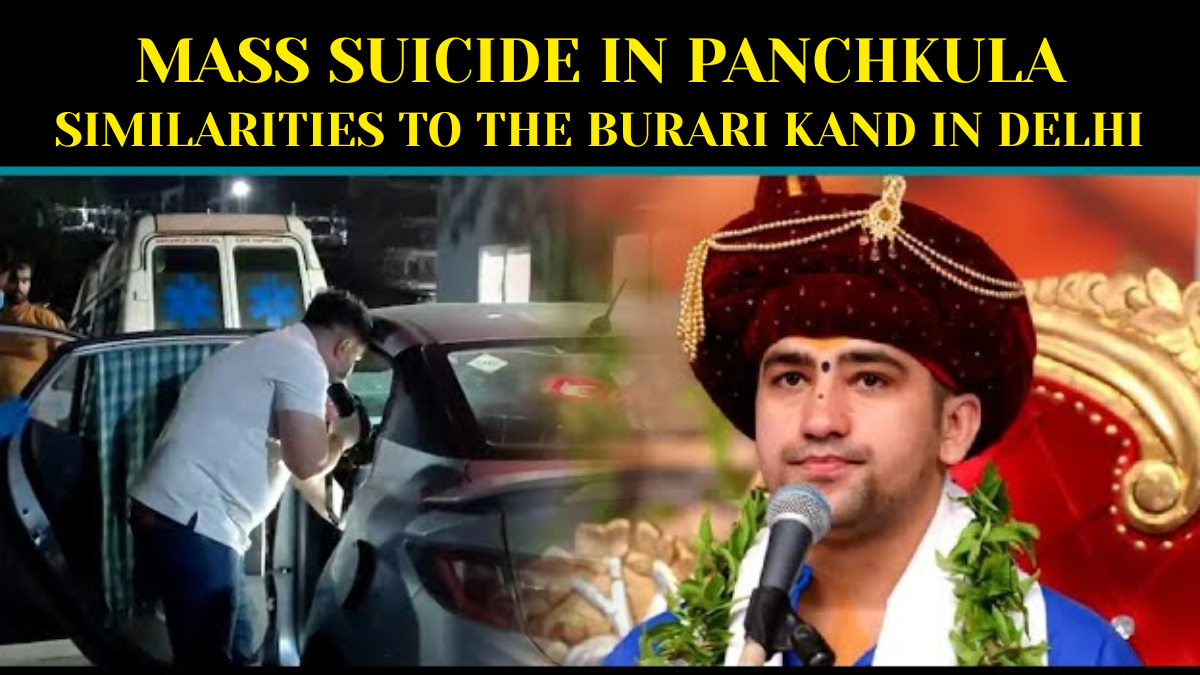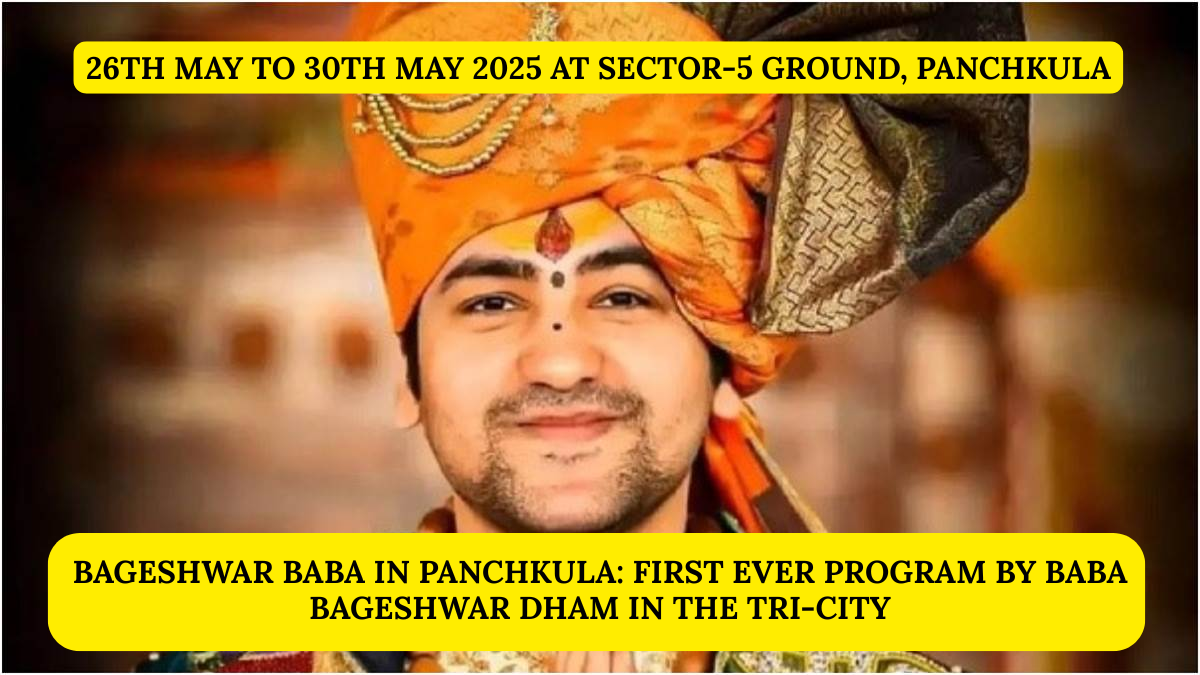On May 27, 2025, a harrowing incident unfolded in Sector 27 of Panchkula, Haryana, where seven members of the Mittal family were discovered dead inside a parked car Panchkula mass suicide . The victims included 42-year-old businessman Praveen Mittal, his wife, their three children, and his parents. Initial investigations suggest that the family died by suicide, allegedly due to overwhelming financial debt and lack of support from affluent relatives.
Panchkula Mass Suicide Eyewitness Account Sheds Light
An eyewitness, Harish Rana, recounted his encounter with one of the victims who was still alive at the time. The man initially claimed that the family was resting but later confessed that they had consumed poison, citing insurmountable debt and the absence of assistance from their wealthy relatives as reasons for their drastic decision. Hindustan Times
A Note Reveals Financial Distress
A two-page note found in the car detailed the family’s financial struggles, with Praveen Mittal accepting full responsibility for the situation. The note indicated that the family’s business had collapsed, and they were unable to cope with the mounting debth.
According to reports, Praveen Mittal and his family had arrived in Panchkula to attend the Bageshwar Dham event. Eyewitness Puneet Rana stated that the family mentioned they were unable to find hotel accommodation and had decided to spend the night in their car. Tragically, just a few hours later, that very car became the scene of their untimely deaths.
Parallels with the Burari Kand in Delhi
This incident draws eerie similarities to the Burari Kand in Delhi, where in 2018, 11 members of the Chundawat family were found dead under mysterious circumstances. Investigations revealed that the family had been influenced by shared delusions and occult practices, leading to their mass suicide.
Burari Kand Delhi: A Haunting Case That Shocked the Nation
The Burari Kand in Delhi remains one of the most mysterious and spine-chilling mass suicide cases in Indian history. In July 2018, 11 members of the same family were found dead in their home in Burari, Delhi. What made the case even more disturbing was that 10 of the family members were found hanging with their eyes blindfolded and mouths taped. The eldest family member, the grandmother, was found strangled in another room. The initial reports sparked theories ranging from murder to occult practices.
However, after deeper investigation, the police concluded that the family was heavily influenced by spiritual beliefs and delusions. The youngest son, Lalit, believed that his deceased father’s spirit guided the family’s daily life. Diaries recovered from the house revealed that the family followed strict spiritual rituals, which ultimately led to the horrifying mass suicide.
The Burari Kand in Delhi sent shockwaves across the nation and sparked serious debates about blind faith, mental health, and the need for spiritual regulation in society.
Panchkula Mass Suicide | The Role of Societal Pressures
Both the Panchkula and Burari cases highlight the devastating impact of societal pressures, financial burdens, and the lack of mental health support. In the Panchkula case, the family’s plea for help reportedly went unanswered by their affluent relatives, exacerbating their sense of hopelessness. Hindustan Times
The Need for Mental Health Awareness
These tragedies underscore the urgent need for increased mental health awareness and support systems. Communities must foster environments where individuals feel safe to seek help, and where mental health issues are addressed with compassion and understanding Panchkula Mass Suicide.
Conclusion
The Panchkula mass suicide serves as a grim reminder of the consequences of unaddressed financial and emotional distress. Drawing parallels to the Burari Kand in Delhi, it emphasizes the importance of community support, mental health awareness, and timely intervention to prevent such heart breaking incidents in the future.







